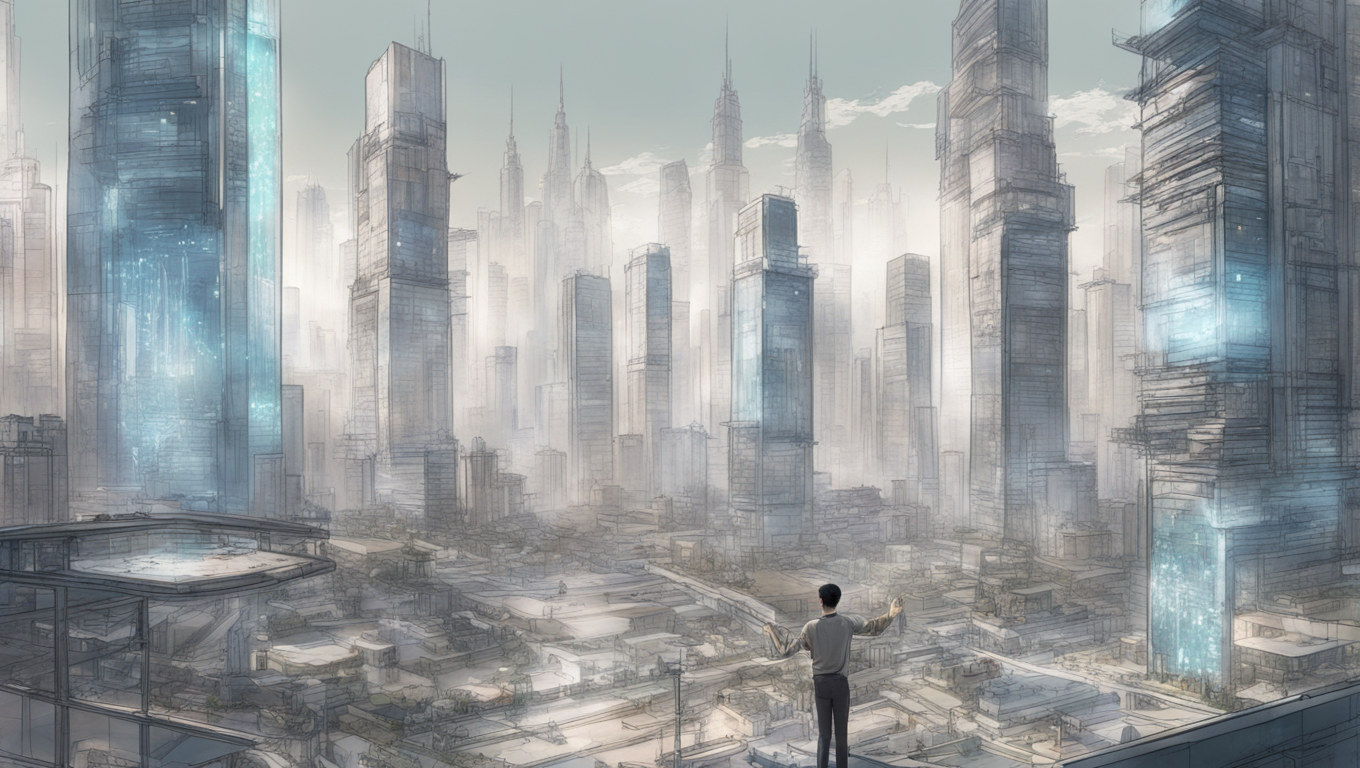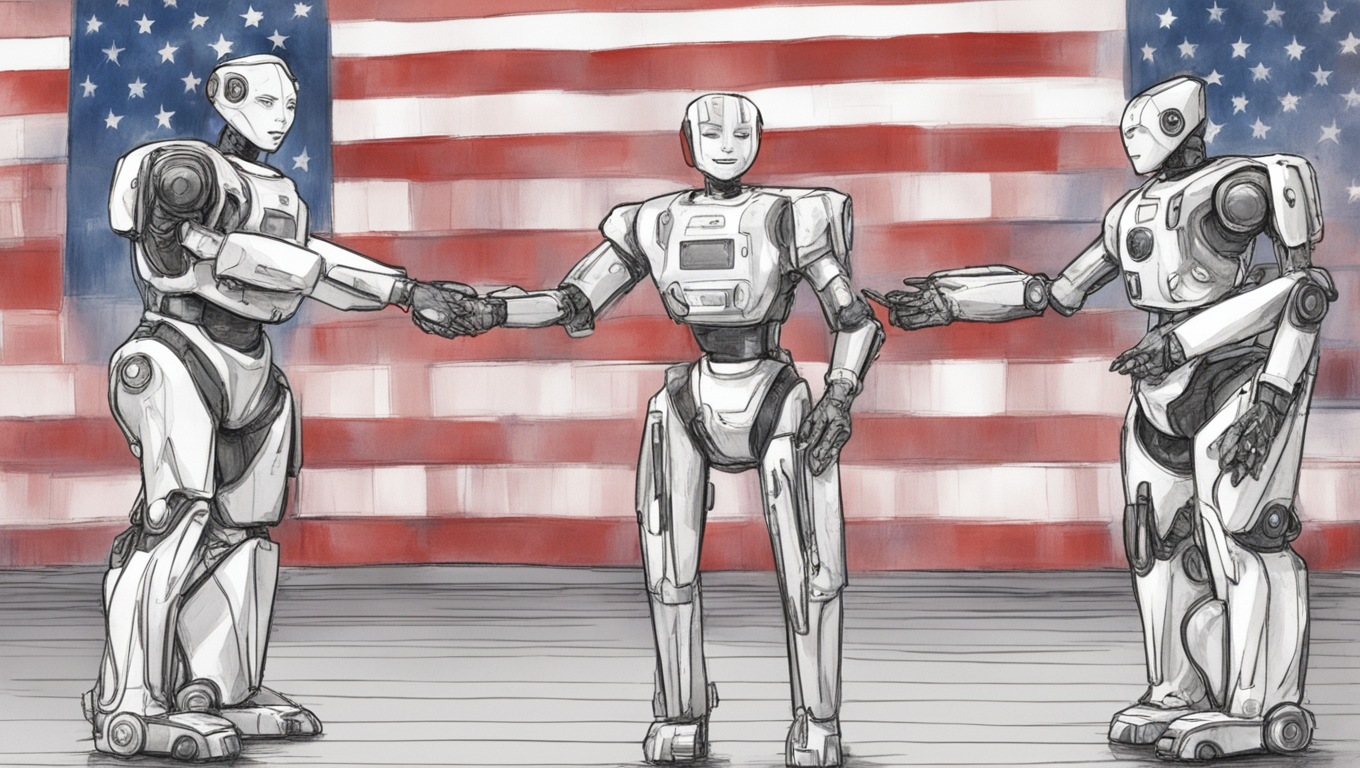Sequoia Capital, a renowned venture capital firm, is facing scrutiny from the U.S. Congress over its investments in China’s military technology. The House Select Committee on the Chinese Communist Party is investigating Sequoia’s funding of Chinese companies, particularly those involved in human rights abuses.
A bipartisan letter from representatives Mike Gallagher and Raja Krishnamoorthi has called on Sequoia to provide details about its investments in Chinese companies and has criticized the fund for contributing to human rights violations. The representatives specifically mention drone maker DJI, which has been sanctioned for its involvement in the repression and genocide of Uyghurs in Xinjiang.
Sequoia Capital, headquartered in Menlo Park, California, is known for funding cutting-edge technology companies worldwide. The firm specializes in early and growth stage investments in private technology companies that have the potential to become billion-dollar unicorns. Sequoia has invested in leading Chinese companies like DJI and Bytedance, which have been highly profitable. However, the firm’s investment record has come under scrutiny as some of these companies are now working for the People’s Liberation Army (PLA).
A report by Georgetown University’s Center Security and Emerging Technology revealed that Sequoia’s China subsidiary conducted 104 investment transactions with Chinese AI companies from 2015 to 2021. The firm has invested in 4Paradigm, an AI company that works as a contractor for the PLA. Despite growing attention on the company’s links to the PLA, Sequoia helped 4Paradigm raise $700 million in Series D funding in 2021. The details of Sequoia’s original investment in 4Paradigm are not publicly available.
Neil Shen, the head of Sequoia China, is a key figure in the firm’s Chinese operations. He once described the company’s internal investment database, built over 40 years, as its “most important competitive power.” In 2018, Shen was considered for the role of leading Sequoia’s global business. The company hosted its biennial investor conference in Beijing, with a dinner at the Chinese government’s Great Hall of the People. This highlights the close ties between Sequoia and the Chinese government.
Sequoia’s top executive, Don Vieira, faced questions from Kurt Campbell, President Joe Biden’s top Asia official, in Washington. Vieira claimed that Sequoia China does not invest in defense companies and that the U.S. office has no control over its China unit’s investments. However, this response did not satisfy the concerns about the nature of Sequoia’s investments in China.
In an attempt to mitigate the impact of U.S.-China tensions on its overseas investments, Sequoia split its China and India business from its U.S. operations. However, the members of the Select Committee are not convinced that this move is adequate. They argue that questions remain regarding the flow of U.S. capital and technological know-how from U.S. companies to foreign venture funds.
Sequoia is not the only venture capital firm taking steps to separate its China business. GGV Capital has also decided to distance its China operations from its parent entity in the U.S. This comes as Washington continues to scrutinize investments in China’s military-industrial complex.
The concerns raised by the House Select Committee and the actions of venture capital firms reflect the growing awareness of China’s government-led campaign to acquire intellectual property developed by the U.S. and its allies. The recent Emerging Technology and Securing Innovation Security Summit, attended by the heads of agencies from the Five Eyes countries, serves as further evidence of the increasing focus on this issue.
As the investigation into Sequoia Capital’s investments in China’s military technology unfolds, it will be interesting to see how the company responds to the allegations and how the scrutiny of such investments evolves in the future.





Use the share button below if you liked it.